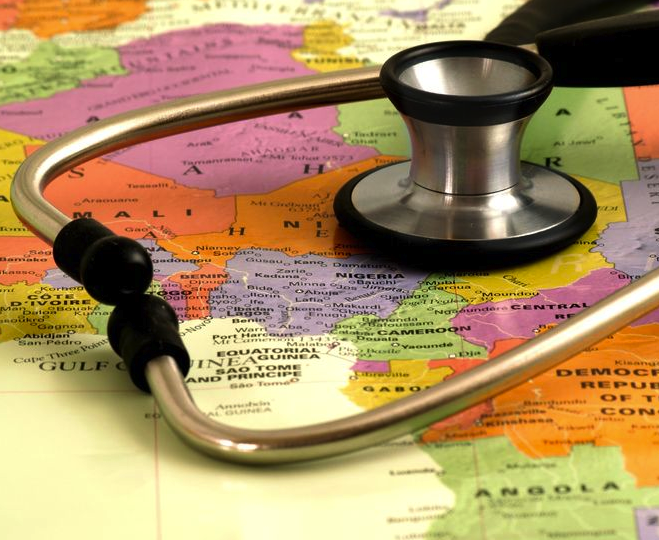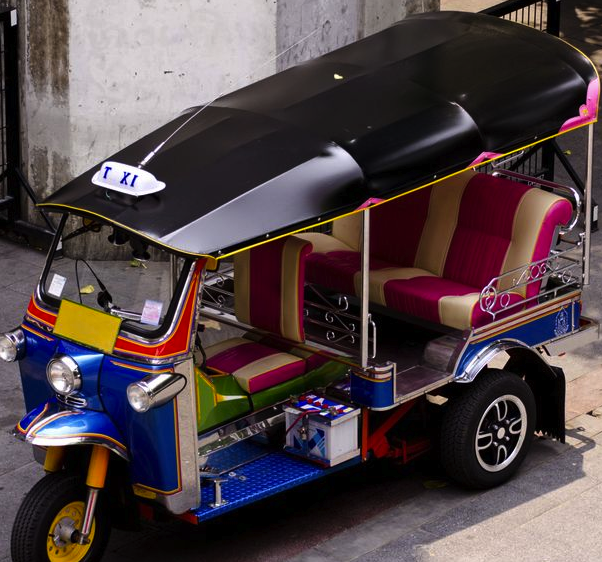Medical services abroad will be a different experience depending on where you currently live. If you are moving from developed country, you have become accustomed to certain protocols and services for medical treatment. It is important to know that these are not the norm in undeveloped countries. Therefore, you will have to do your research ahead of time to understand what is available and what is accepted practice. It is imperative to understand the sterile nature of their facilities. It may seem like a completely foreign concept to carry your own medical supplies to most patients in developed countries. However, in some countries this will ensure that you will have access to sterile needles. These kits are available for purchase online and should be considered if you are moving to a country that may not have everything available. If you are on a foreign assignment, some companies will provide you with this kit. The Center for Disease Control (CDC) offers guidelines for these kits, which are detailed on their website.
There are companies that offer concierge medical transport services that can help in case of emergency. This may be another option for you. Check with your current medical coverage and see if this is available to you.
Keep in mind that in some countries’ standard of care is quite different. If you are planning a birth of child abroad, definitely take this into consideration. Their protocols may be different than what you may expect from western medicine. If certain things are important to you, like access to an epidural during labor, do your research ahead of time. Check to see if there is access to a doctor, who has been educated in the west or has experience treating western patients.
Dental care is also something to consider. In some countries, it is not as accessible as others. Therefore, you want to find a dentist, who either has been trained in the West and/or has treated western patients. You want to ask him or her what their standard of care is and what treatments they offer.
This is not meant to scare but rather educate. Understanding medical services available to you in your new home country is so important. This will help you prepare yourself and your family. In some countries, this is not a problem, but in others it can be an issue. Preparation is key so that you can take steps to alleviate any risks involved.


















